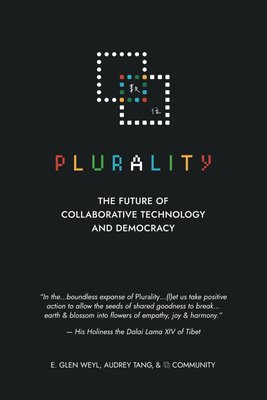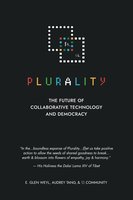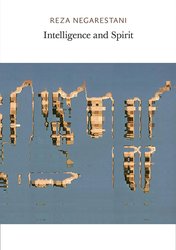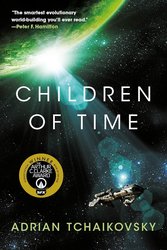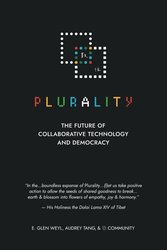In the vast, boundless expanse of Plurality, each life is a unique and precious existence...Regardless of how perilous external circumstances may be...(l)et us take positive action to allow the seeds of shared goodness to break through the earth and blossom into flower of empathy, joy and harmony. — His Holiness the Dalai Lama XIV of Tibet In a technologically advanced, politically challenging, and rapidly evolving 21st century, what does a free and open future look like? Glen, Audrey and their coauthors offer a compelling view of a way forward. — Vitalik Buterin, Founder of Ethereum Democracy has been a confrontation between opposing values. In Taiwan, however, it has become a conversation among a diversity of values. Audrey Tang has shown us how to create a "digital democracy" that transcends the constraints of ideology - that is the major contribution of this book. — Tsai Ing-wen, President of the ROC (Taiwan) They offer us a portal into a future where technology supports democracy, pluralism, and broad human flourishing. We know this future is possible because Tang has been building it in Taiwan. The conceptual foundations laid here usher in a much-needed paradigm change for modern life. — Danielle S. Allen, political philosopher, James Bryant Conant University Professor at Harvard, MacArthur Fellow, and author of Our Declaration and Cuz Plurality reads like optimistic sci-fi, already happening in real life! Can democracies around the world follow in Taiwan’s footsteps to upgrade free society for the digital age? Fingers crossed for a happy ending. — Joseph Gordon-Levitt, Emmy-winning artist and founder of HITRECORD Digital technology threatens to tear free and open societies apart through polarization, inequality, and loneliness. But in the decade since the weekslong occupation of their parliament, a diverse island of resilience has shown another way is possible. Taiwan achieved inclusive, technology-fueled growth, overcame the pandemic without lockdowns and the infodemic without takedowns, entrusted its people to tackle shared challenges like environmental protection while capitalizing on a culture of innovation to “hack the government.” Here, the architects of Taiwan’s internationally acclaimed digital democracy share the secret of their success. Plurality (symbolized ⿻) harnesses digital tools not to replace humans or trust, but to channel the potential energy in social diversity that can erupt in conflict instead for progress, growth and beauty. From intimate digitally empowered telepathy to global trade running on social networks rather than money, ⿻ offers tools to radically enrich relationships while leaving no one behind. ⿻ thus promises to transform every sector from healthcare to media, as illustrated by the way it has been written: as a chorus of open, self-governing collaboration of voices from around the globe. Their work in public on this openly available text shows — as well as tells — how everyone from a devout African farmer to a Hollywood celebrity can help build a more dynamic, harmonious and inclusive world. E. Glen Weyl is Founder of RadicalxChange, Microsoft Research's Plural Technology Collaboratory, & Plurality Institute & co-author of Radical Markets . Audrey Tang is the inaugural Minister of Digital Affairs in Taiwan & the inaugural ⚧️ minister in the 🌐. A global ⿻ community of dozens collaborated to create this first-ever open-source self-governed book harnessing tools described within. You are invited to join us at https://www.plurality.net
